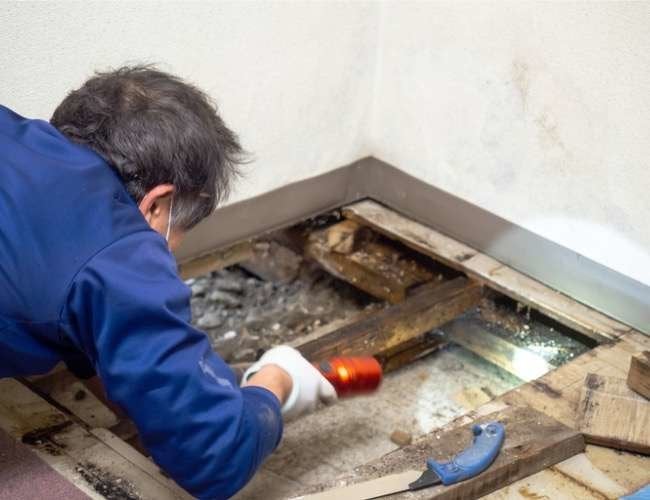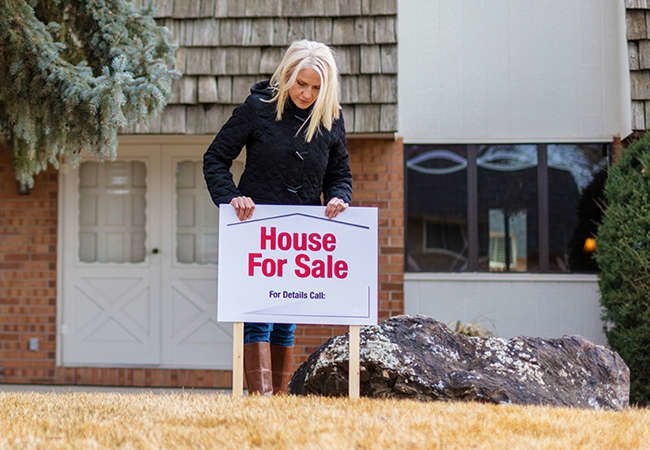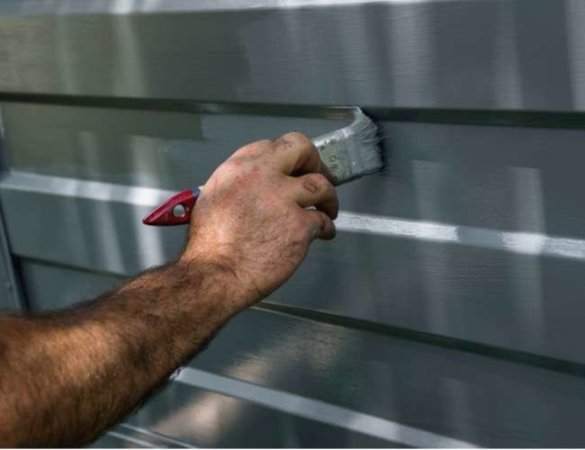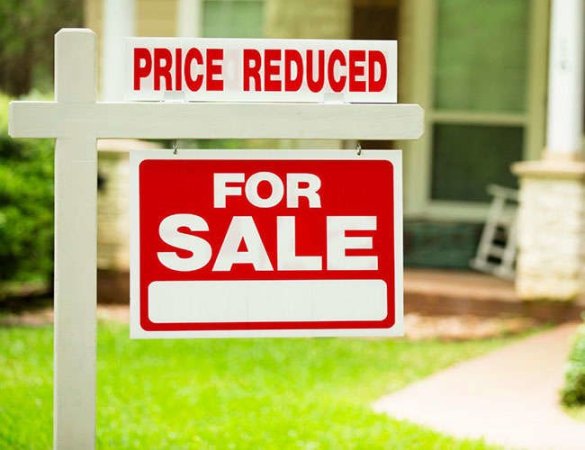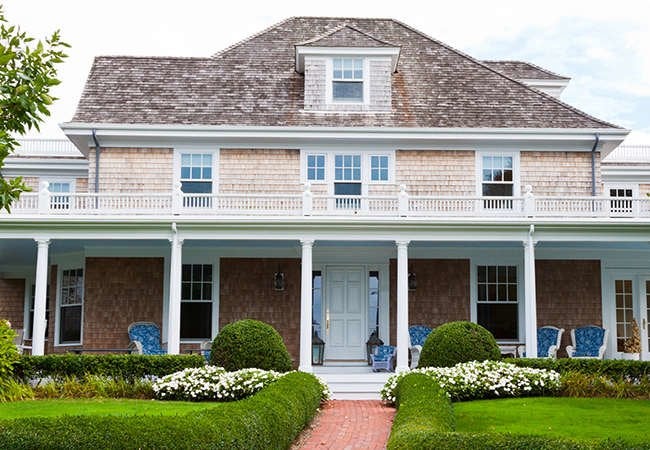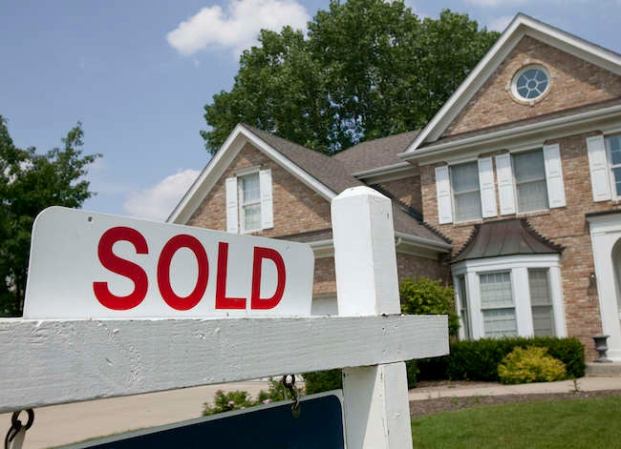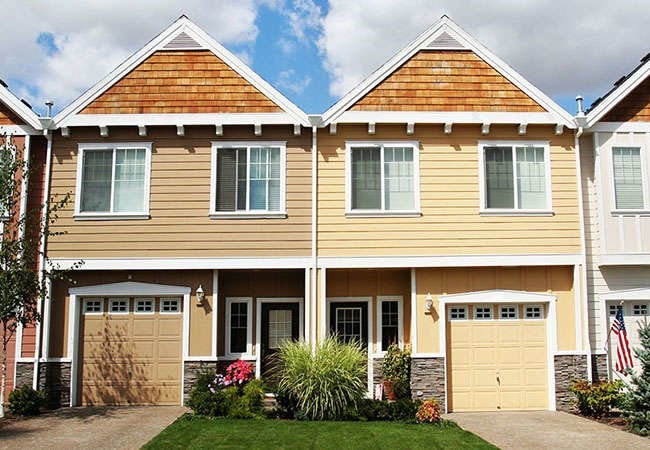We may earn revenue from the products available on this page and participate in affiliate programs. Learn More ›
Stumbling Blocks to Sales
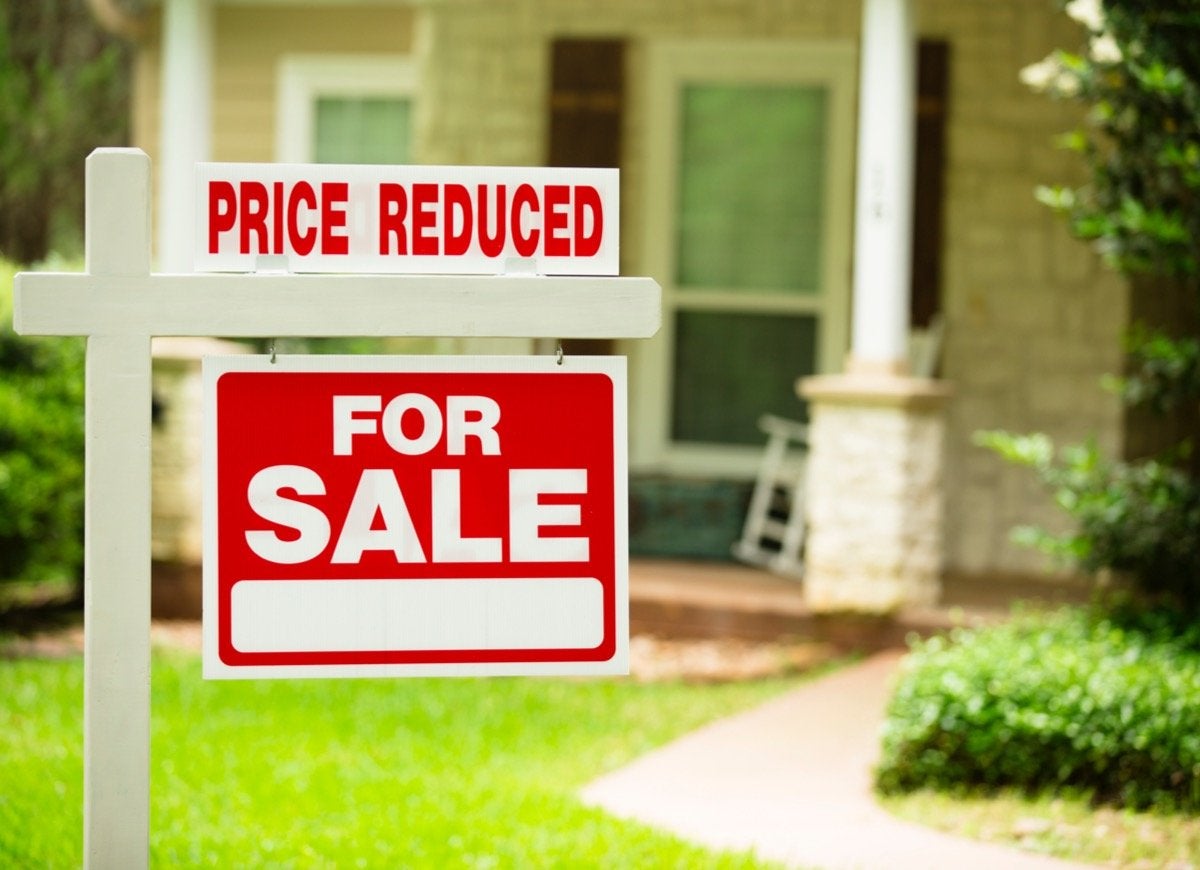
Right from the start, selling a home can be a complicated process. You’ll need to deal with real estate agents, paralegals or lawyers, perhaps even assorted contractors before hanging a “For Sale” sign. To help things go smoothly towards fast, financially satisfying results, don’t get in you own way! Ensure that you place won’t fall prey to the 13 insidious issues discussed here by taking our tips to banish them, pronto.
Less-Than-Pleasant Aromas
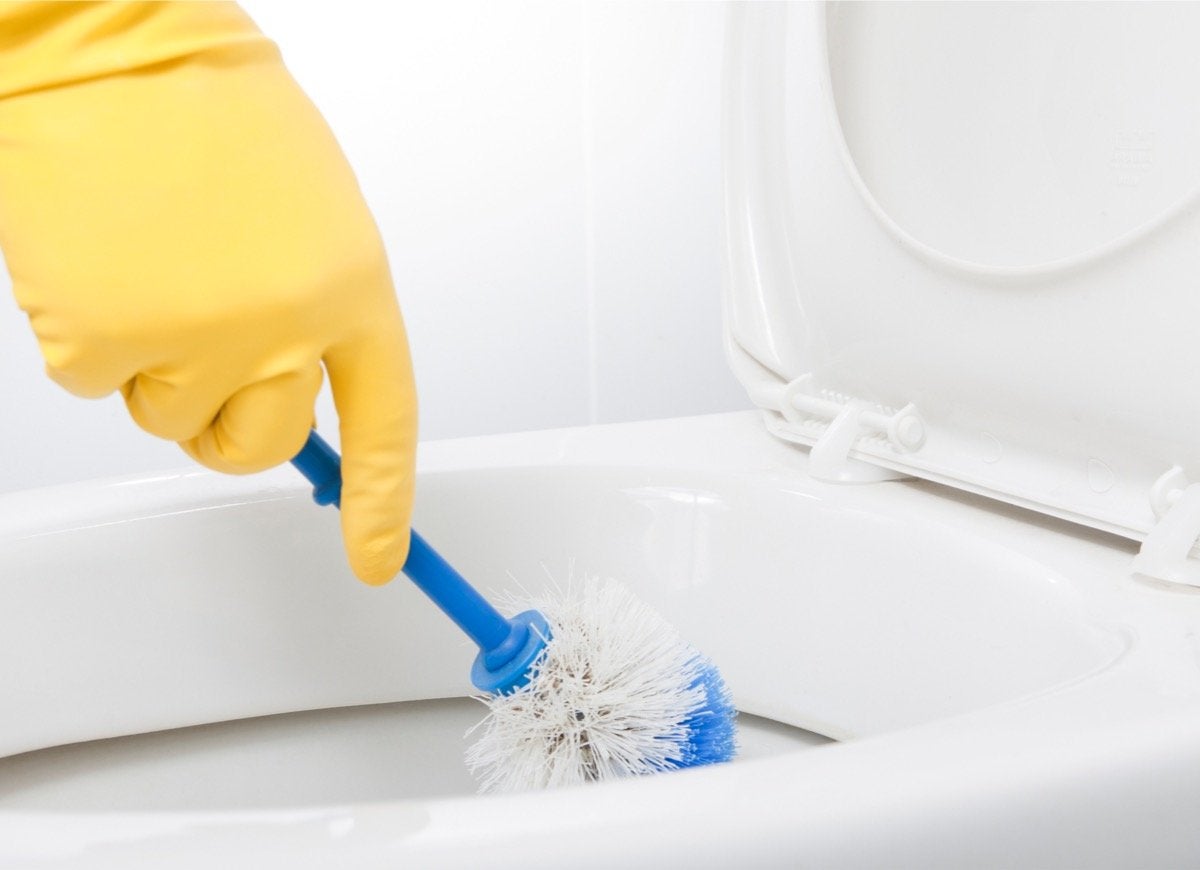
It’s easy to go “nose blind” to your own home, but when strangers stroll through it, they’ll be sure to notice any unsavory smells. So clean every room top to bottom. Rent a machine to get funk out of carpets and take drapes that aren’t washable to the dry cleaners. Pick up pet accidents promptly, empty ash trays, and avoid frying fish before hosting an open house. Open windows for cross ventilation, but don’t go overboard with air freshening products—ideally, the house should simply smell clean, as if no one lives there. Once you deodorize, ask a trusted friend to do a walk-through and let you know if anything offends.
Lack of Natural Light

You may consider dim quarters cozy, but most home buyers today are looking for spaces with ample natural light. Dark interiors hide the layout of your home and can make the place feel gloomy. To brighten things up, repaint in white or light colors, and choose a glossier, more reflective finish. Rearrange furniture so that nothing blocks the windows, and replace heavy curtains with sheers to let in more light. Simply hanging some decorative mirrors will help. If you’re contemplating renovations to make the house more marketable, illuminating improvements include putting in additional windows and/or a skylight, and adding shinier surfaces to the kitchen or bath (a glass tile backsplash, a stainless steel counter).
Malfunctioning Major House Systems
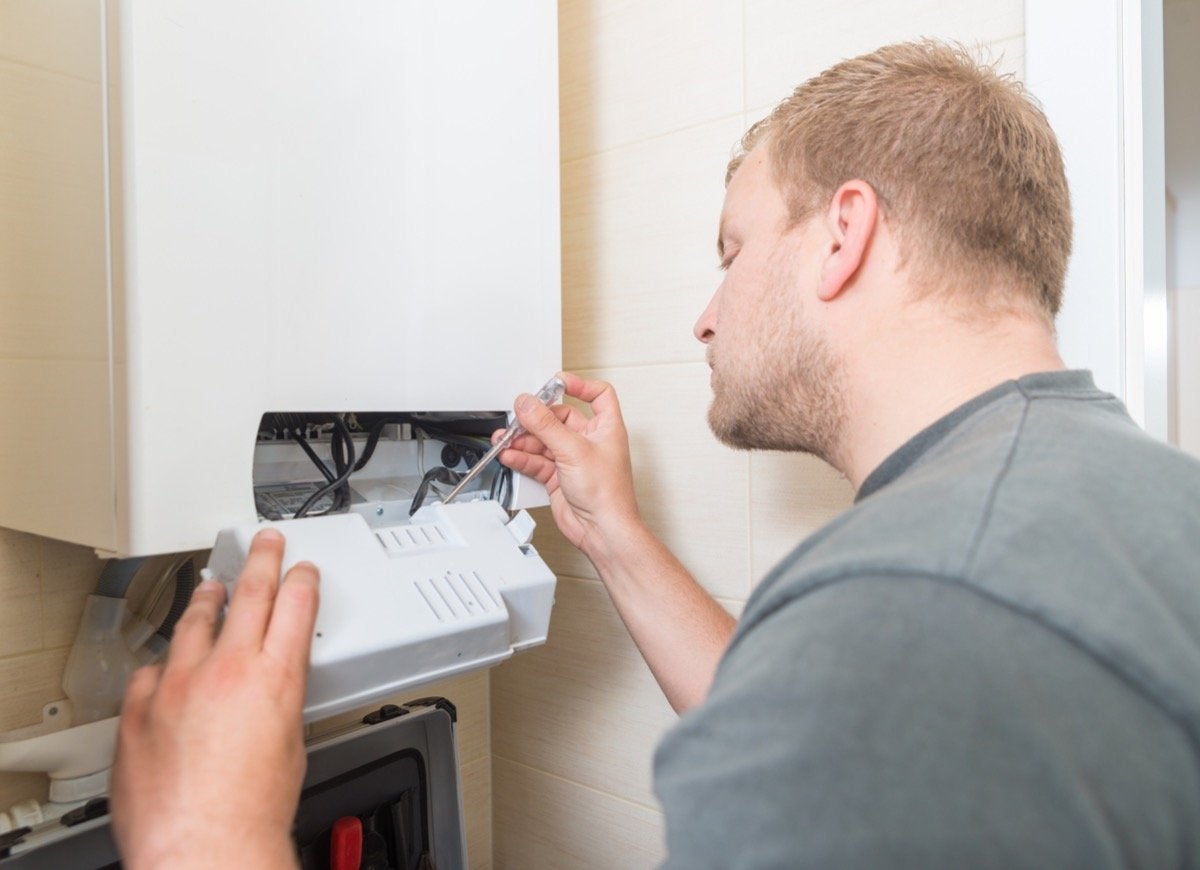
If your furnace, air conditioner, hot water tank, or any other major system is not operating properly, undertake repairs before attempting to sell. Such issues will surely turn up during a home inspection the prospective buyer will commission, and even if you agree to pay to have things fixed, the very presence of a problem can spook a buyer. An HVAC expert charges between $200 for a simple maintenance call to $8,000 if your furnace needs to be replaced.
Outdated Electrical
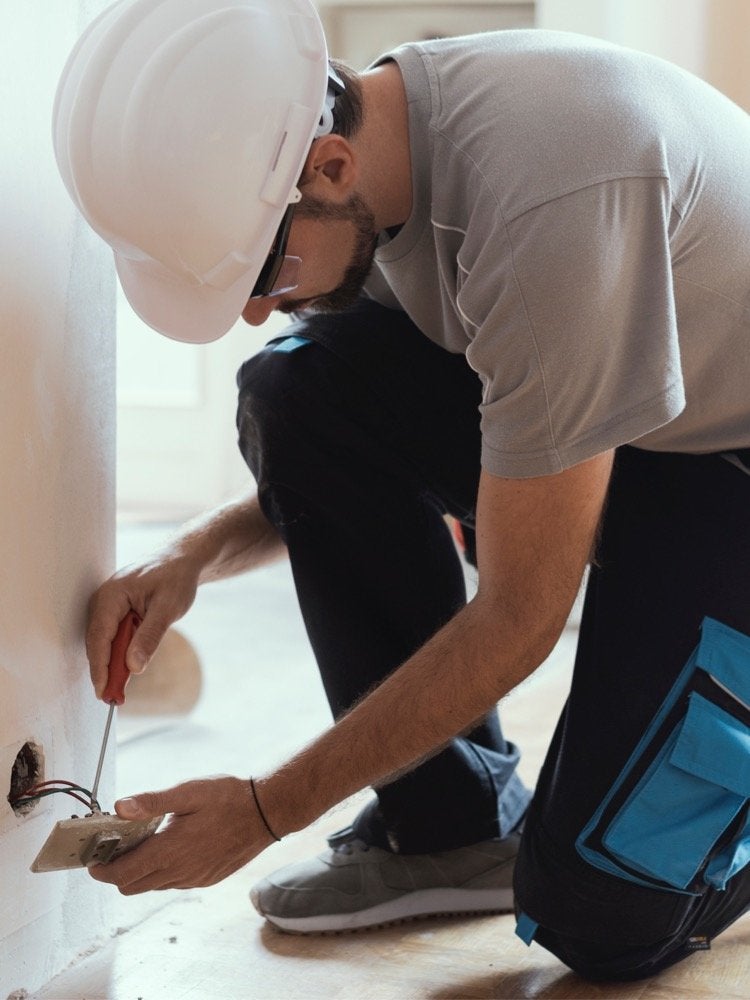
Older abodes may be fraught with anything from aluminum wiring to faulty pigtails, and even newer homes can have their share of hidden electrical troubles. If you notice flickering lights, have switches that don’t seem to operate anything, or know that your fuse box that hasn’t been upgraded in 20 years, a home inspector will spot these red flags in a flash. Outdated electrical is a turnoff to would-be buyers, since as a major source of fire risks, it’s likely to raise their insurance estimates. So hire an electrician to ensure your electrical system is at least up to code (simple repair can cost around $300), even if you don’t invest in bringing it completely up to date (approximately $15,000 if the entire house needs rewiring).
Related: 8 Warning Signs of Dangerously Outdated Electrical Wiring
Cluttered or Confusing Kitchen
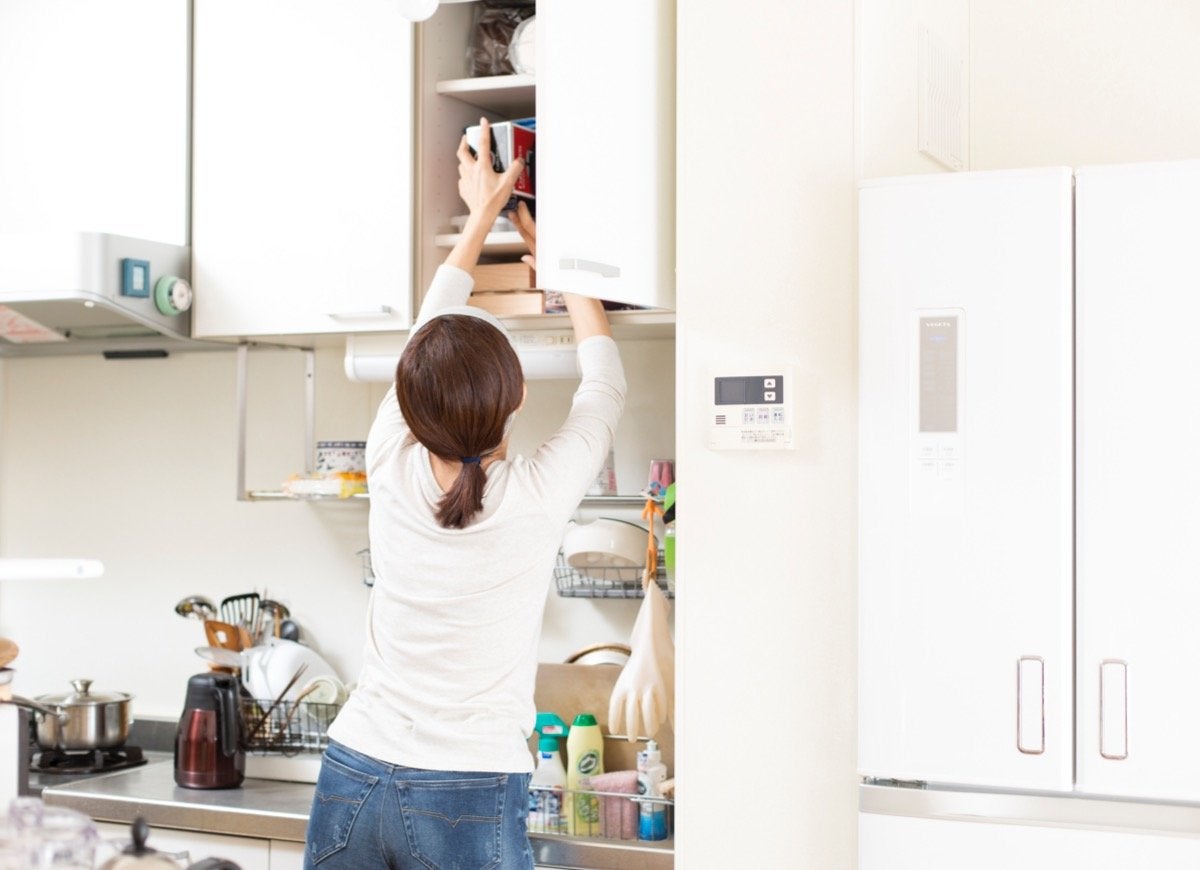
These days, just about everyone’s version of a dream house includes a spacious, open kitchen. If a major renovation to enlarge the footprint of your cook space isn’t a possibility, you may want to take on some smaller improvements that make it easier to navigate, function, and congregate in the kitchen. Think about what kinds of changes you can affordably make for greater efficiency, such as reorganizing appliances to create a triangle workstation or upgrading cabinetry for additional storage. At the very least, get rid of all clutter by purging nonessentials from surfaces (no piles of mail on the peninsula, all pots and pans stowed).
Water Damage and Lingering Dampness
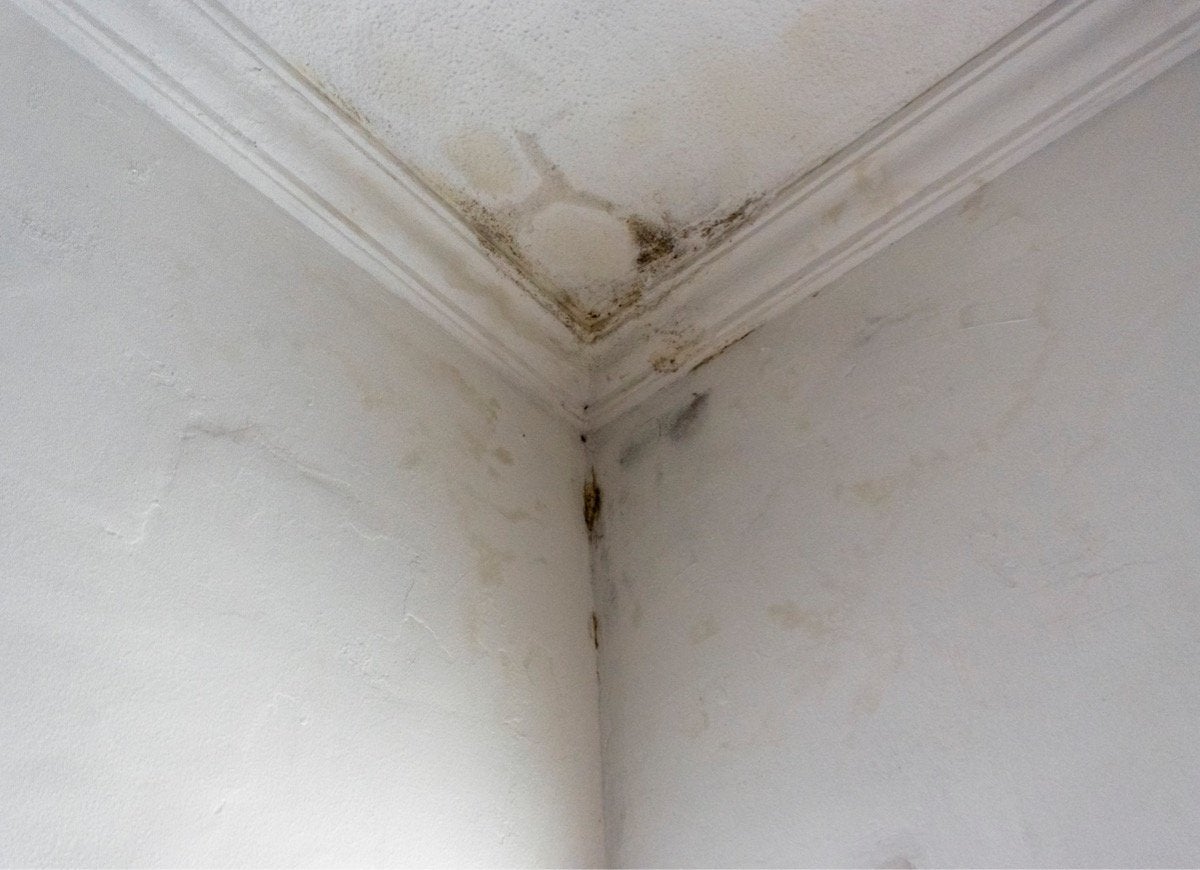
Water damage—appearing as cracks in your foundation, stains on surfaces, or even mold—are likely indications of plumbing problems, excess humidity, or leaks in an outer wall. Before fixing the cosmetic issues, discover and repair the root of the problem. Unless you’re experienced in plumbing, don’t go poking around yourself, as locating sources of water damage can be tricky and possibly dangerous. So call a pro and be prepared: A plumber may charge only $150 to fix an accessible leak, but a more complex problem can run at up to $1,500; should you need mold removal, insulation replacement, foundation damage, or any other major renpairs, you may have to bite a $10,000 bullet.
Old or Dated Decor

While you enjoy your furniture and knickknacks, prospective buyers will find it challenging to imagine themselves living in a space filled with your stuff. Consider hiring a professional to stage your home for sale, for a fee ranging from $500 (to simply redecorate with existing furniture) to $5,500 to use their own pieces to update interiors. If you’re not prepared for this expense, remember less is more—fewer large items enable house hunters to envision their own items in the rooms. Ask yourself if, when you sell, you’ll want to move all your belongings. Didn’t think so! Throw a yard sale or donate what you can.
Exterior Maintenance Issues
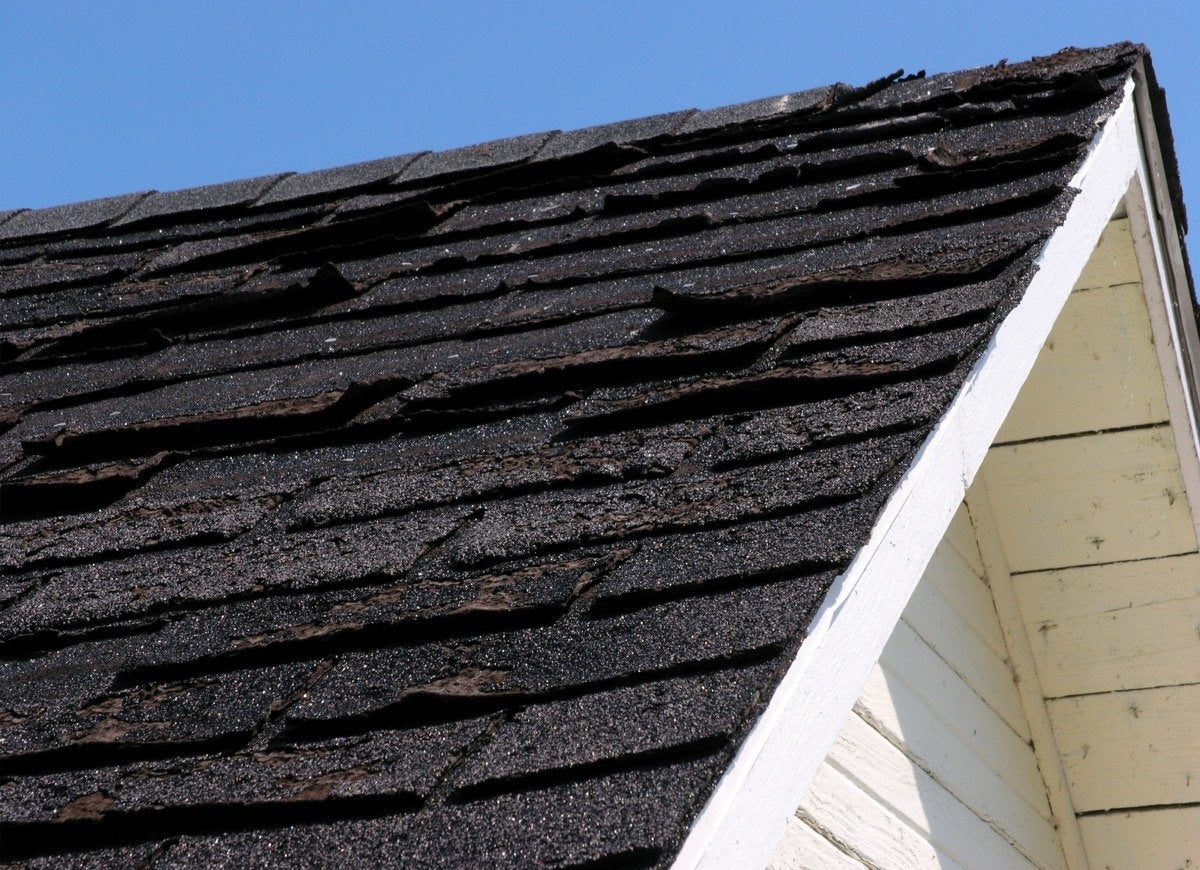
Roofing in disrepair, busted porch steps, damaged siding, or a peeling deck could make would-be buyers flee before coming in the front door. Neglecting such repairs displays lack of pride in place and can cast your neighborhood in a bad light, too. Fortunately, some fixes—like a fresh coat of stain for your deck—are definitely DIY-able; do them to show that the house is worth maintaining.
Related: 7 Signs You Need a New Roof
Hidden Hazards
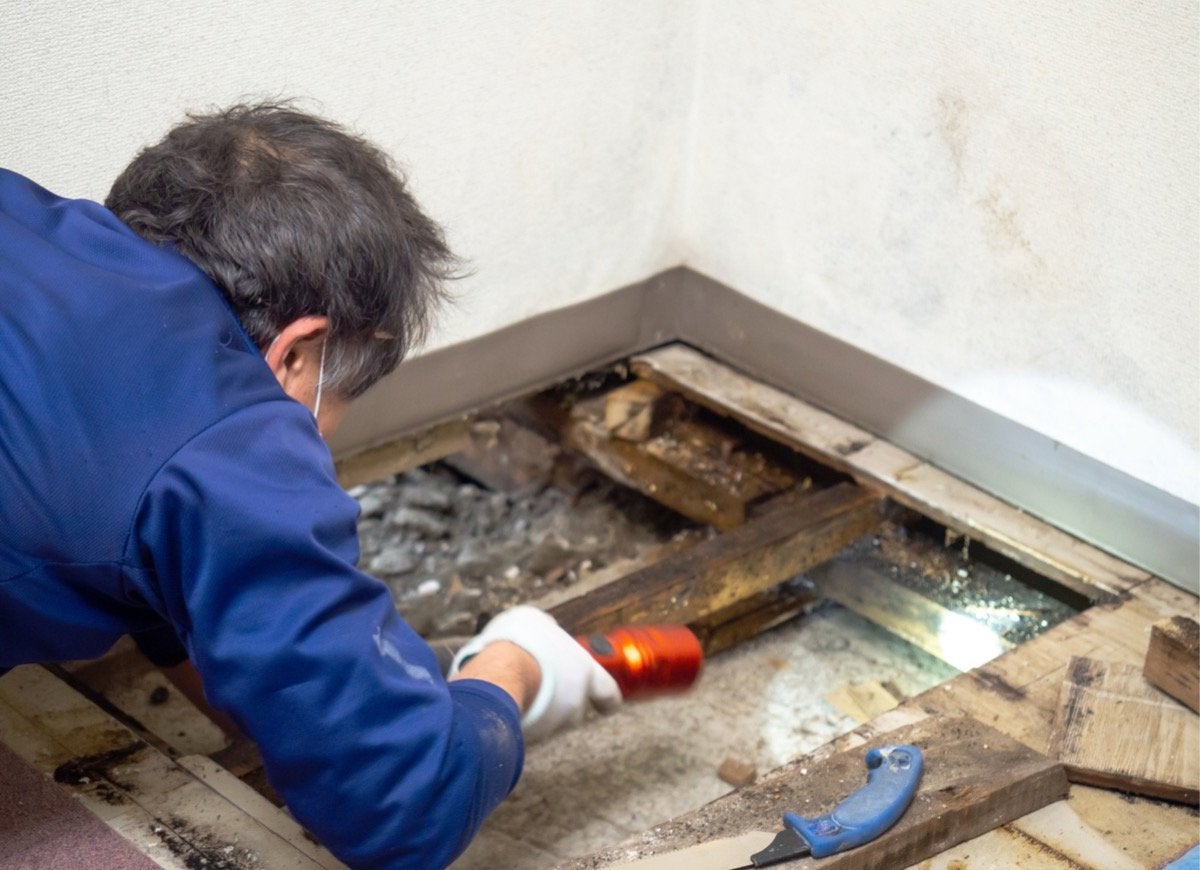
You might not know what’s lurking under your own roof. So before putting your house on the market, give the place a thorough going over for signs of pest infestations that can lead to structural or electrical system damage. Termite evidence, for instance, looks like piles of sawdust along your walls, while droppings in pantries or along baseboards point to rodents in residence. Mold and mildew can be present in on window frames, in bathrooms, or in nearly any other area of the home–be on the lookout for black stains or spots that appear to dark to simply be dirt.
Extravagant Renovations
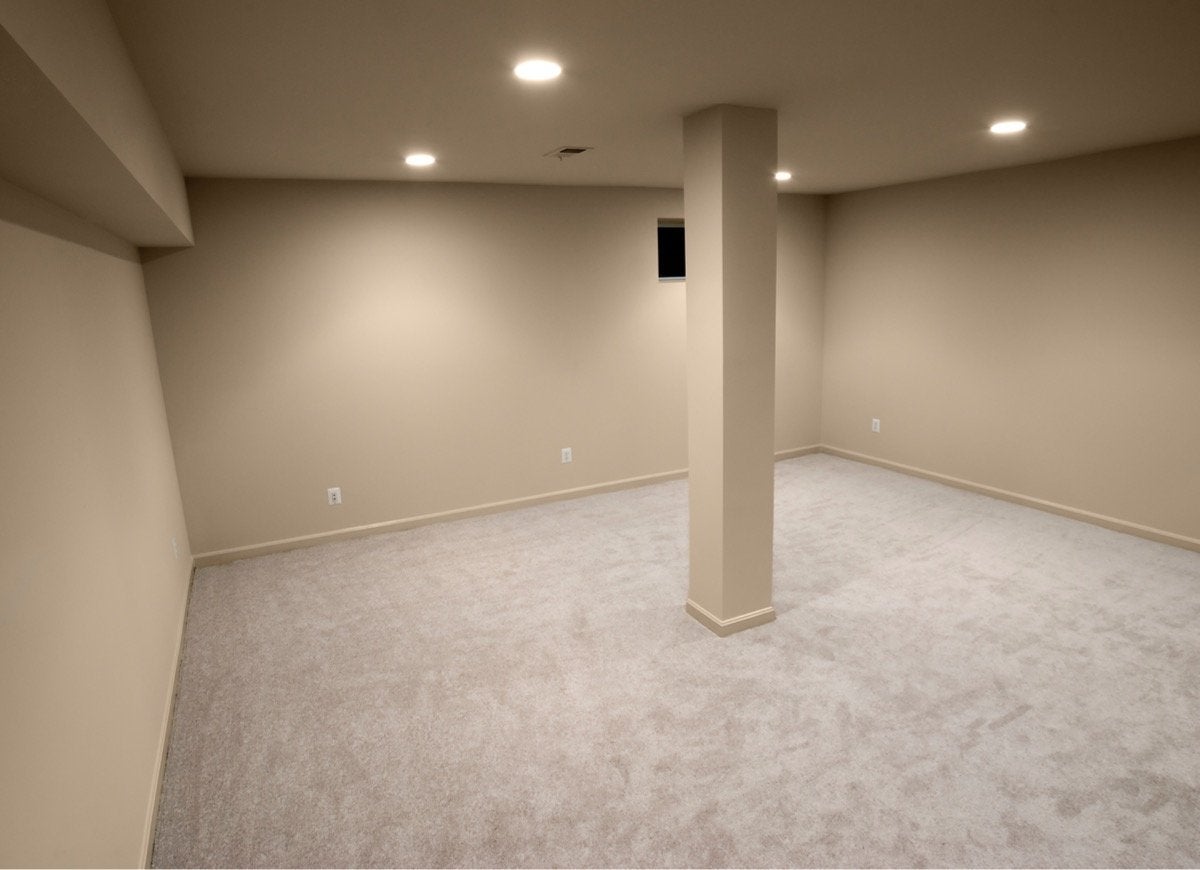
Thinking of transforming your basement into the Bat Cave? Don’t expect trendy, elaborate, or uniquely personal style to bring a major return on investment (ROI in real estate lingo). Redoing the kitchen or master bath may well appeal to buyers, but most folks won’t go gaga over a gazebo, a sun room, or even eco-conscious solar panels. Even remodels that should see a great ROI , such as increased square footage, can backfire if the average price of a house in your neighborhood doesn’t support your home’s elevated value. Pricing yourself out of the average range often leads to your home sitting on the market as house around you sell. So keep renovations basic and attractive to the average home buyer.
Unfortunate Occurrences
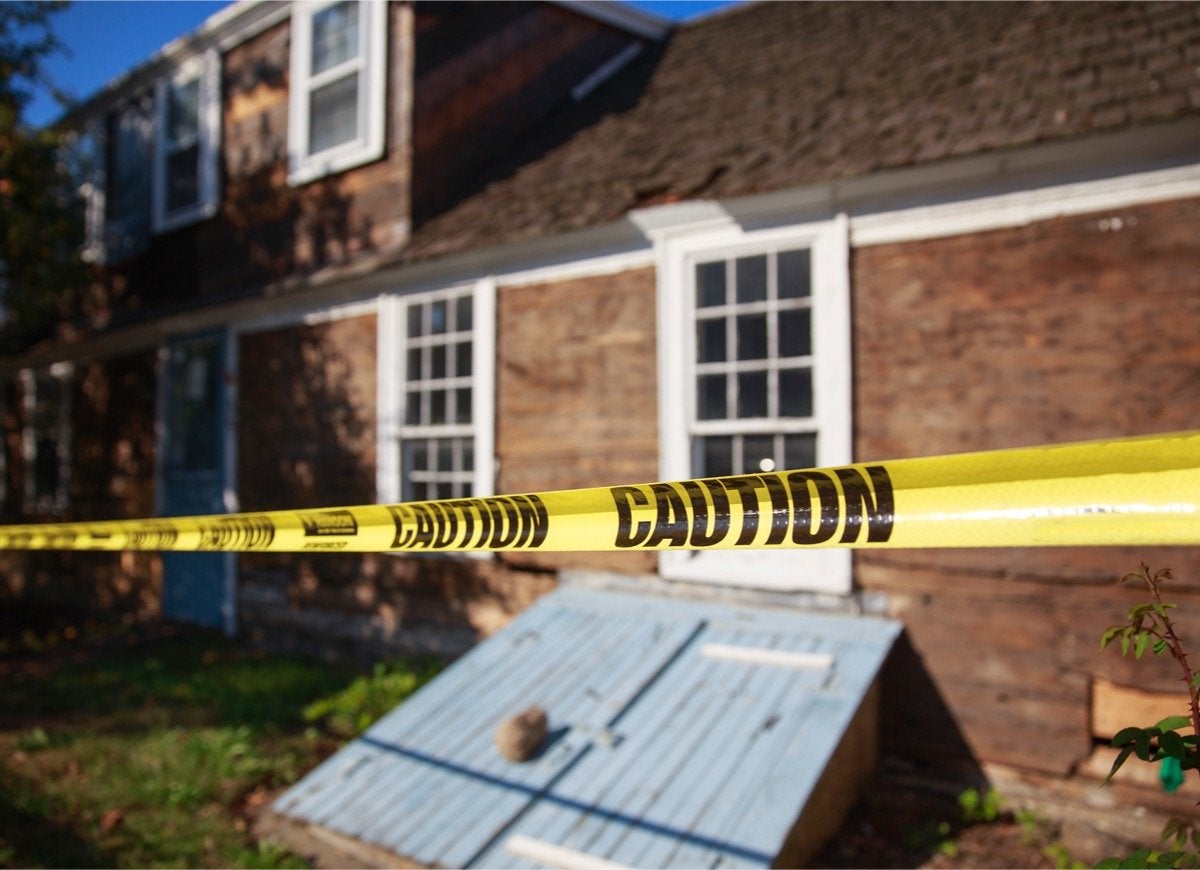
While your home is hardly an Amityville Horror, if a sad or criminal event unfolded there, it could cast a gloomy cloud over its sales potential. Sellers in most states are required disclose a murder or suicide that took place on the property, and homeowners in California, South Dakota, and Alaska, must inform a prospective buyer of any deaths in the house, even a peaceful passing. No matter where you live, if a would-be buyer asks about deaths in the house and you fib about the facts, you could face legal repercussions later (check out Diedinhouse.com to research a home’s history). You’re also obliged to tell all if asked about criminal activity, such as robberies. Some people may believe that bad guys will return to the scene of the crime, and even if that’s unlikely, burglaries in general don’t bode well for a neighborhood.
Unreasonable Price Tag
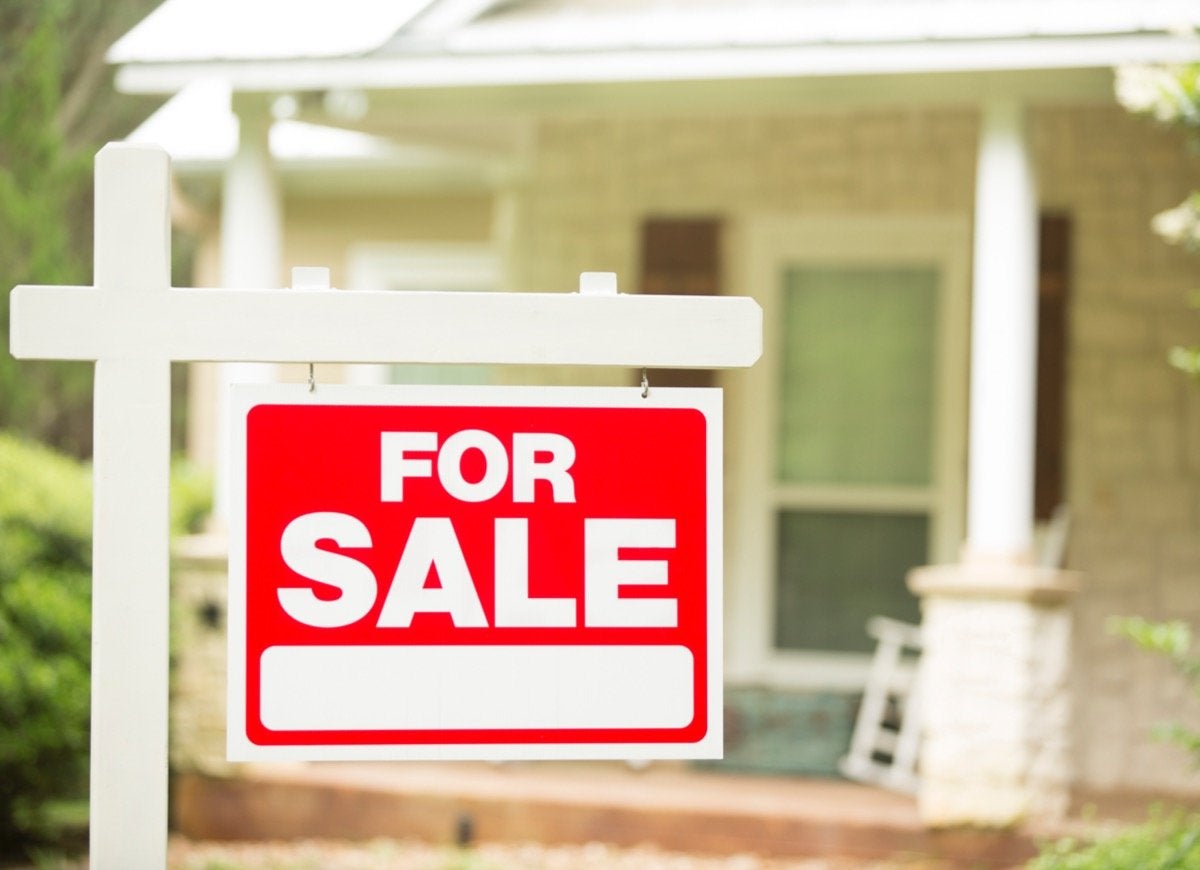
You might consider the home you’ve lived in for 20 years to be priceless, but its nostalgic qualities are really only valuable to you. While undertaking repairs for any of the major issues discussed in previous slides can be reflected in your asking price, if you want to sell—sooner rather than later—ensure that the price is right. Explore online what similar houses in similar neighborhoods have sold for. Contact a few real estate agents for their opinion, or even consider getting the home appraised. To find a home appraiser, search the National Association of Realtors; with a price range of only $350 to $500, it may be well worth your while.
Undesirable Location

Location, location, location is a real estate credo for a reason: Few people want to live in a dicey neighborhood, next door to noisy, inconsiderate folks who’ve let their place run down, or within earshot of railroad tracks, an airport, or a busy highway. However, neighborhoods are often in flux and yours may be on the upswing. There’s not much you can do about your location, but if you keep your home well maintained and price it accordingly, you may just find the perfect buyer. After all, you only need one!

